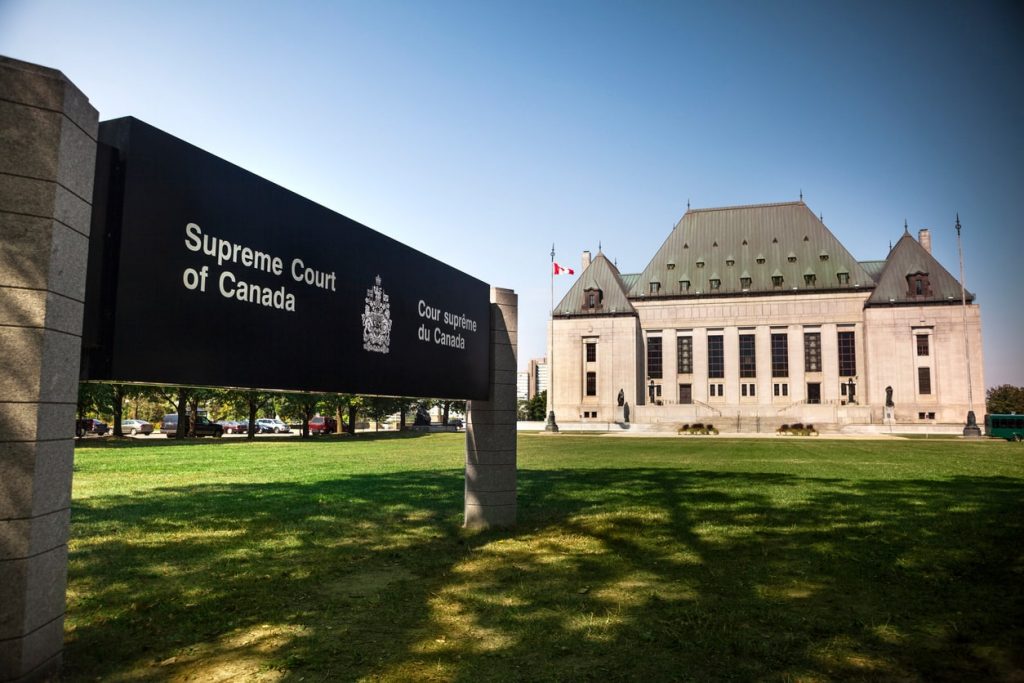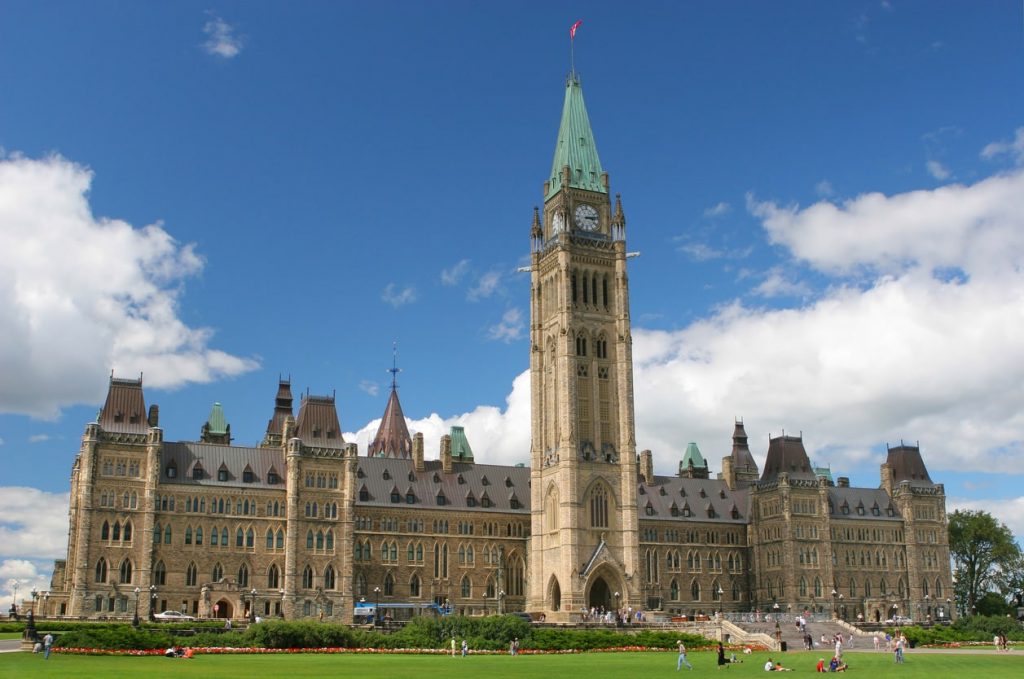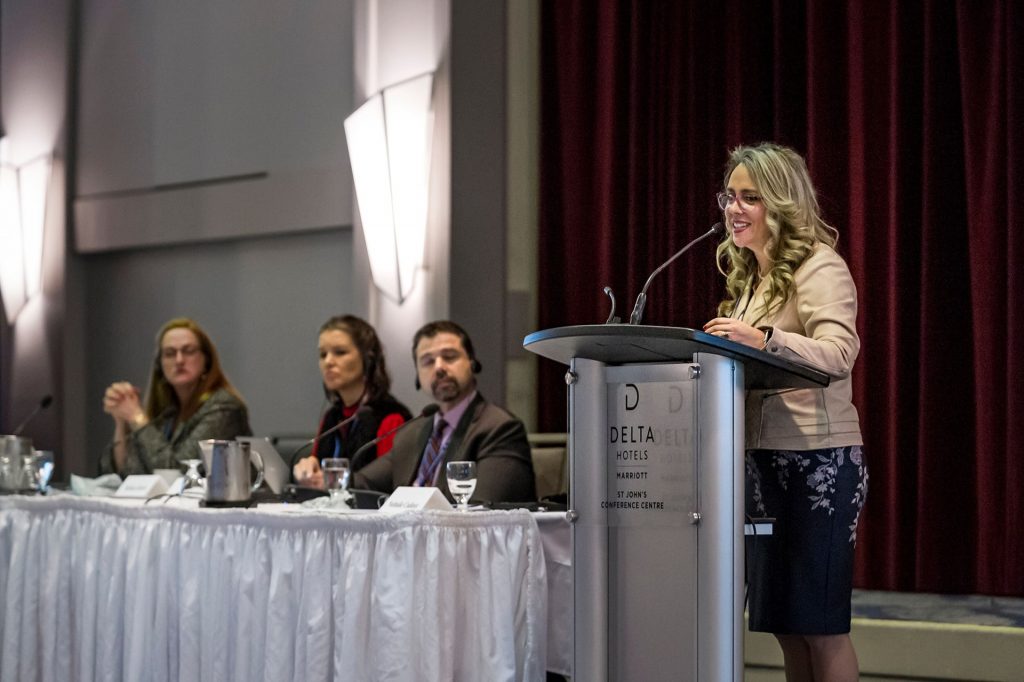Resources
A variety of resources are available to help you better understand the Federation’s work. This includes documents related to the Federation’s advocacy activities.
You can search two ways:
- By initiative or topic using the highlight buttons below. For example, select the first button “Access to Legal Services”, and you will view a page that shows a list of resources available, including links, on that topic.
- By keyword search. If you enter a keyword in the search field below, the search will generate a list of the items that include those words.
Looking for a reliable option? GigaDat Casino makes online gaming in Canada easier with the best payment method available















